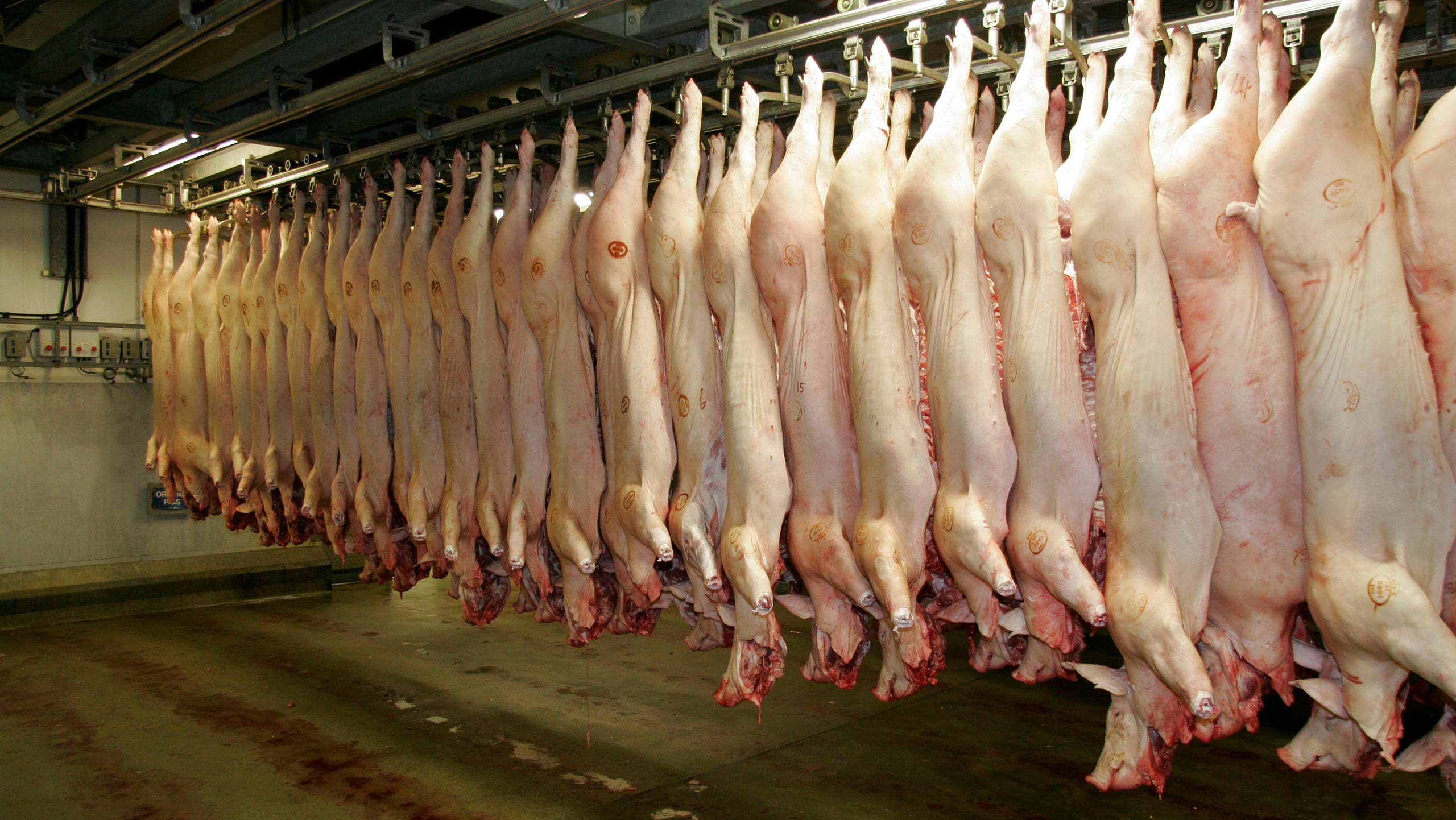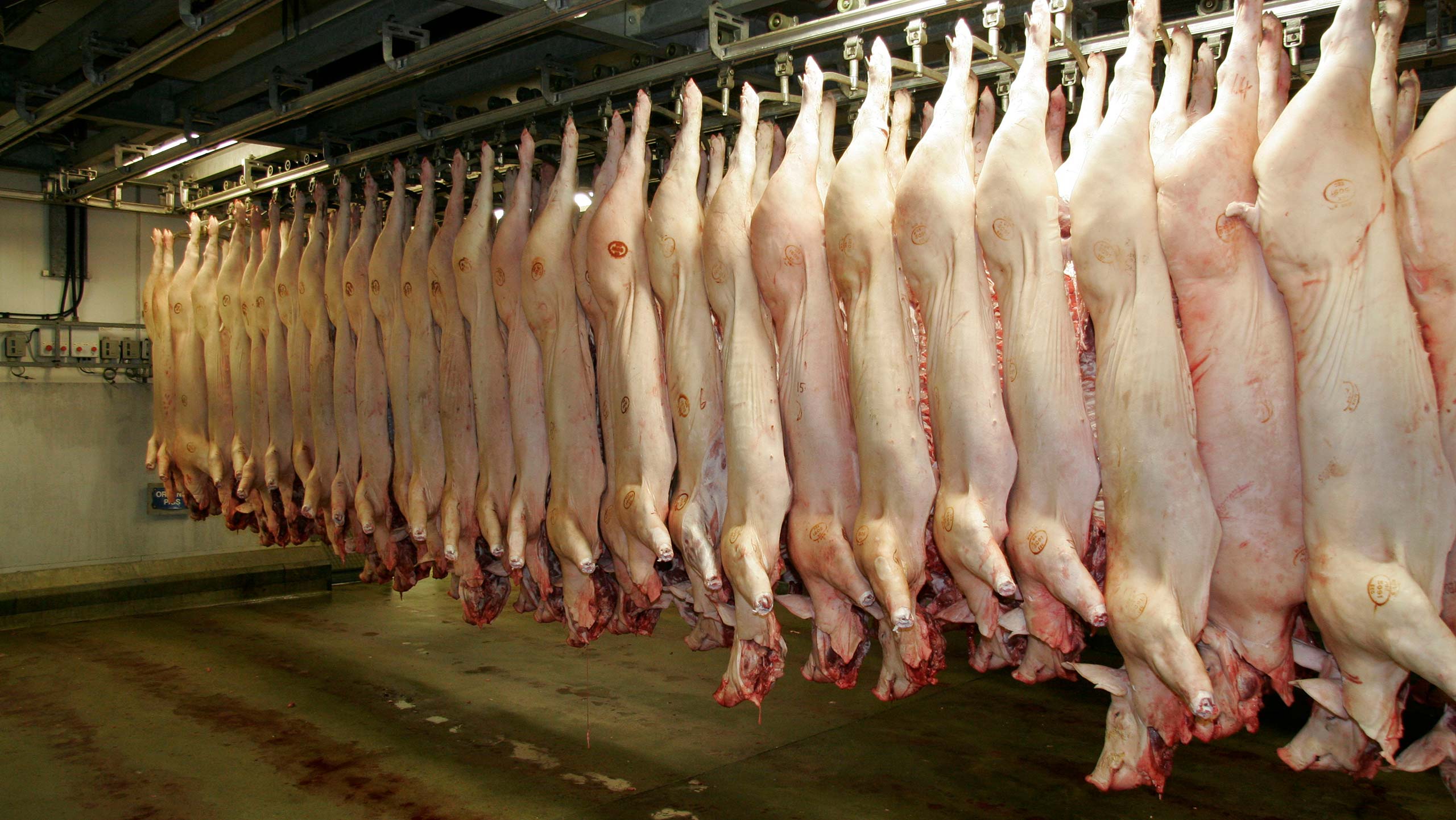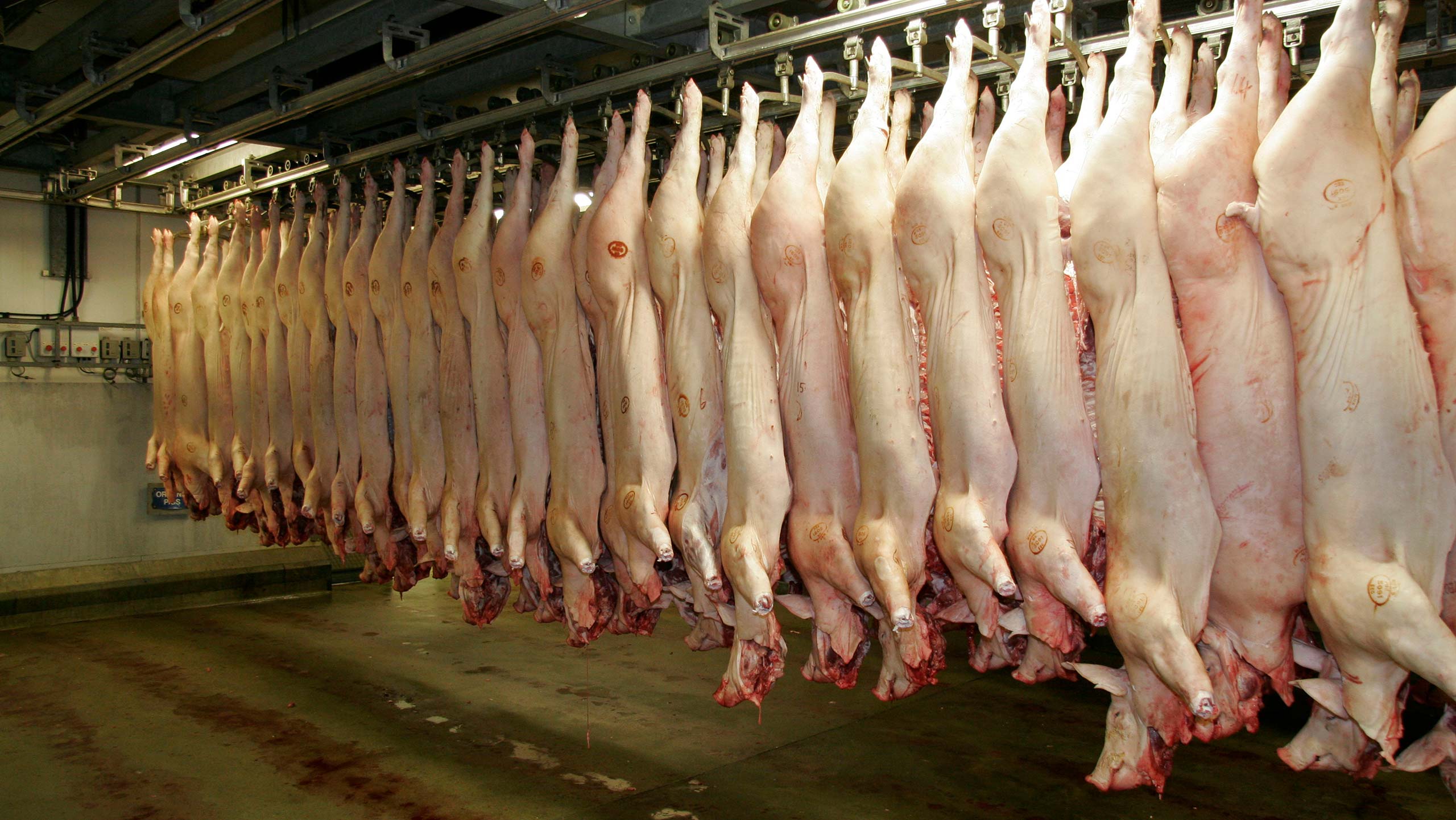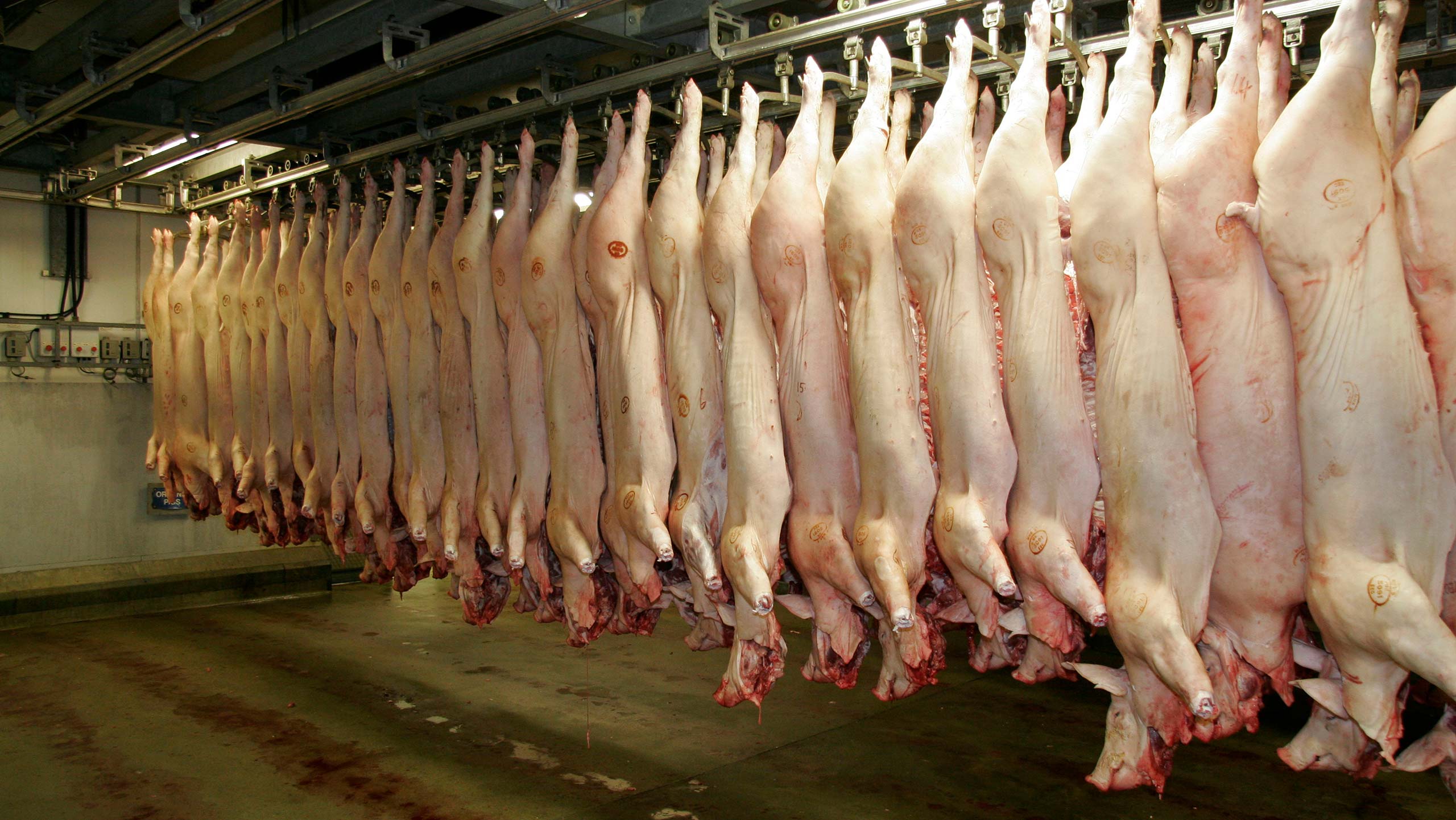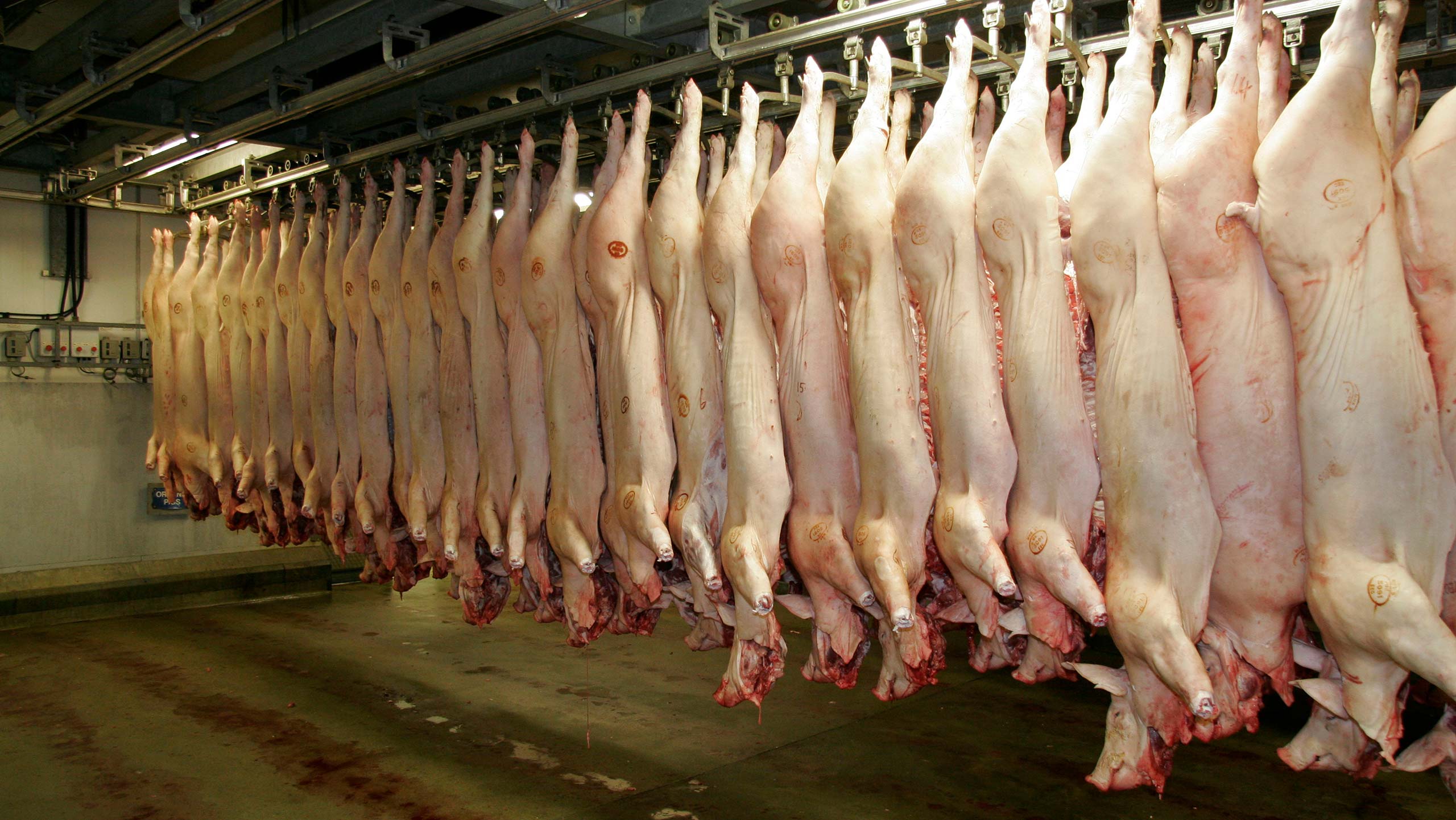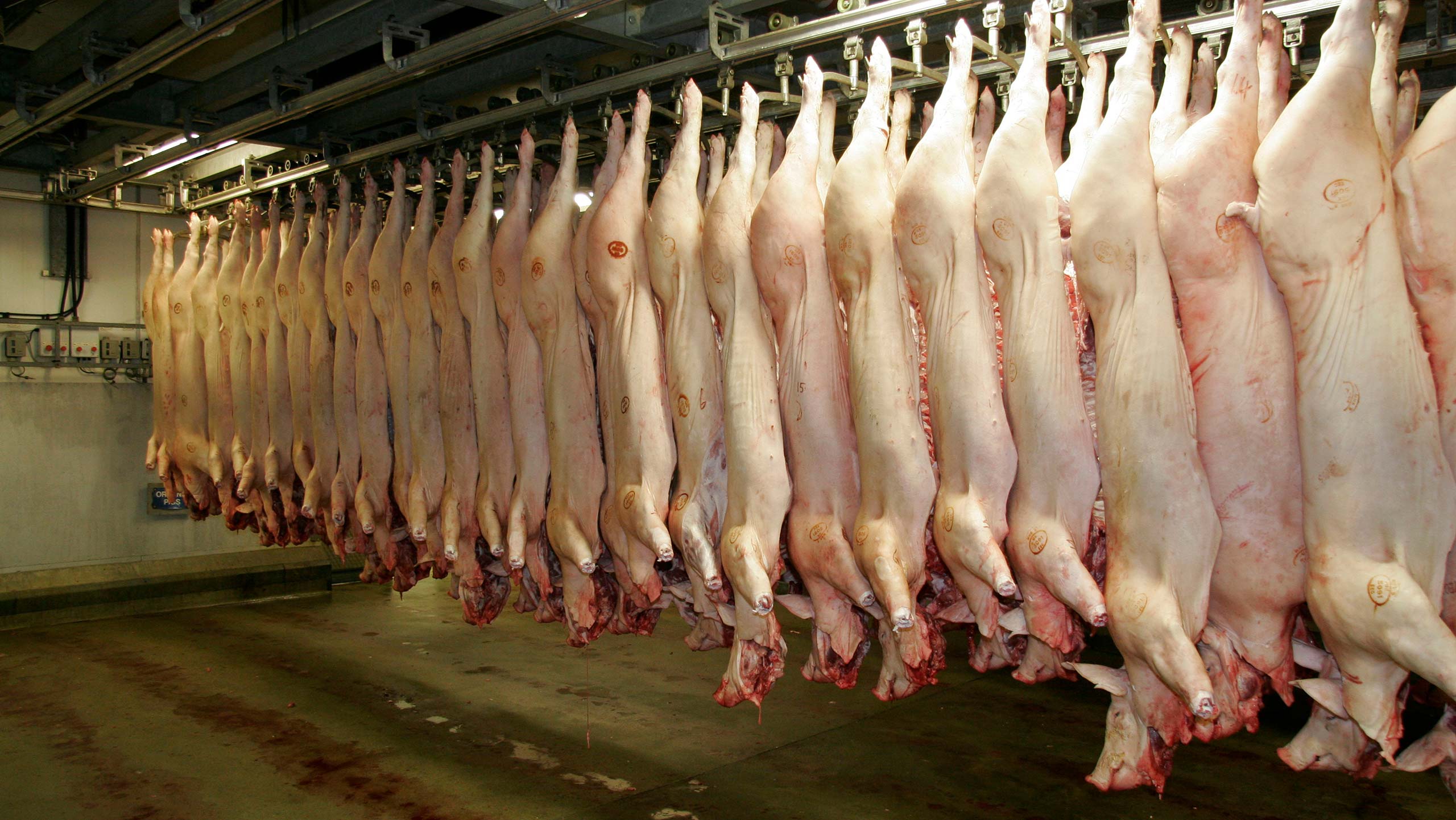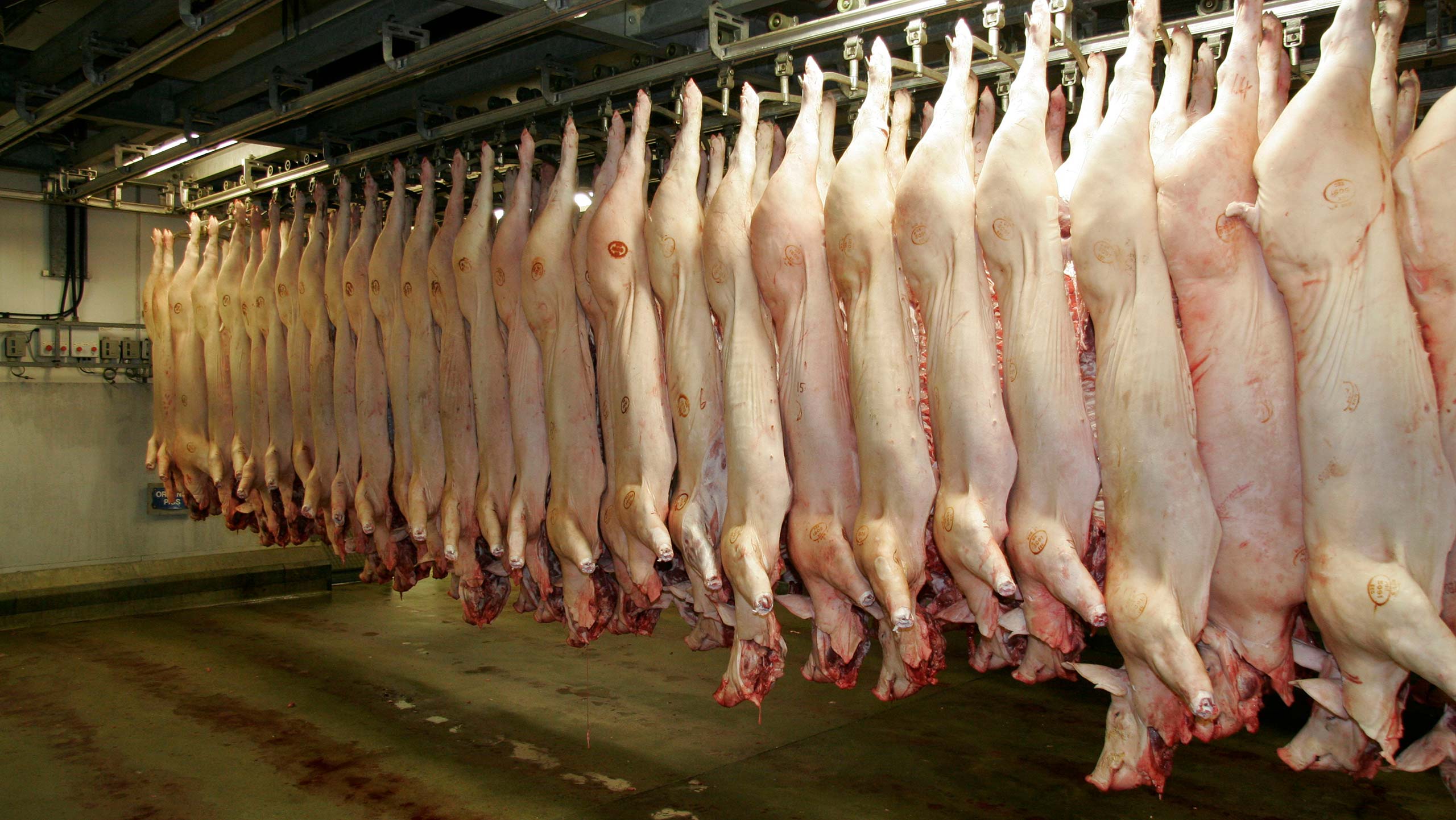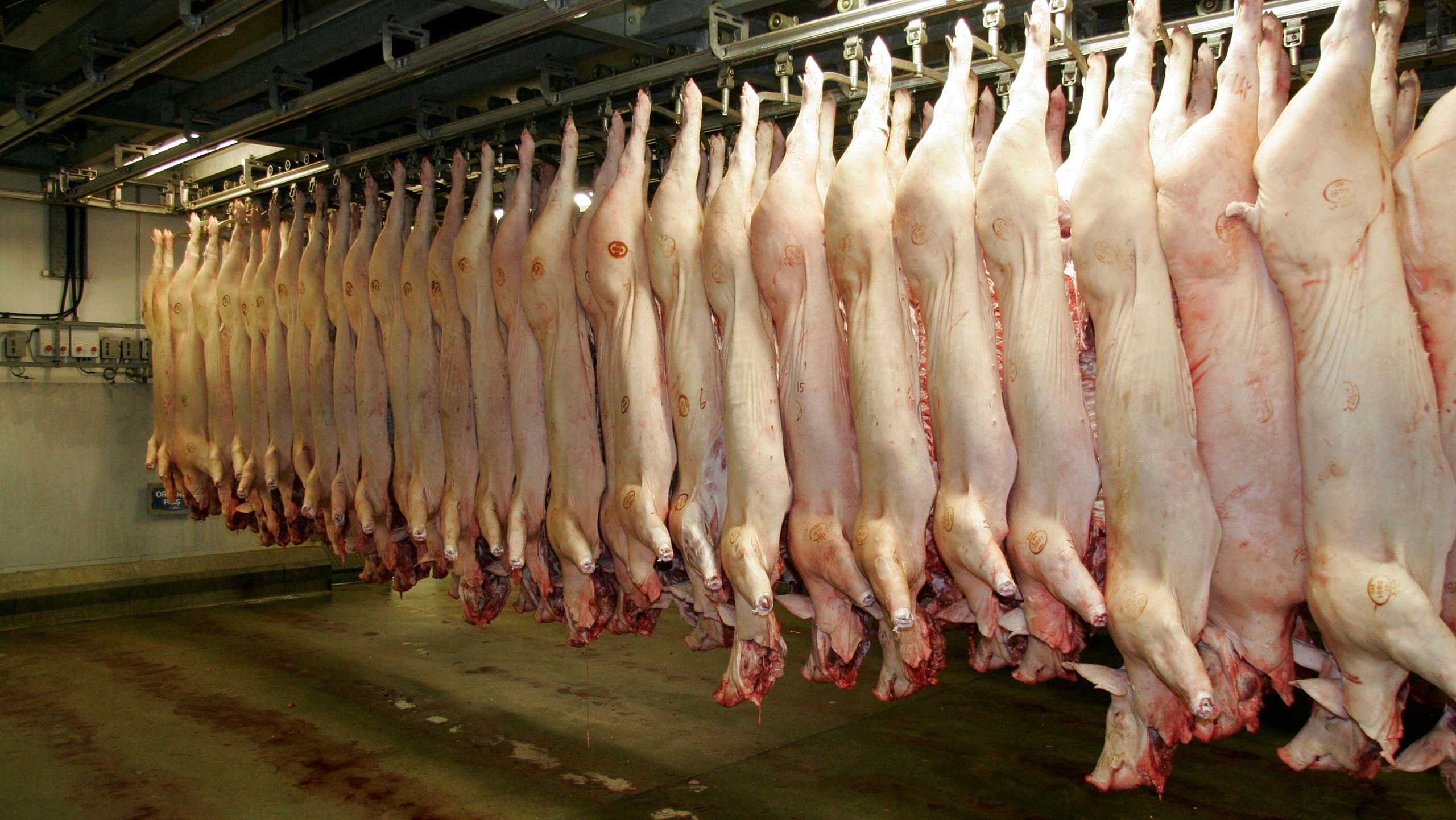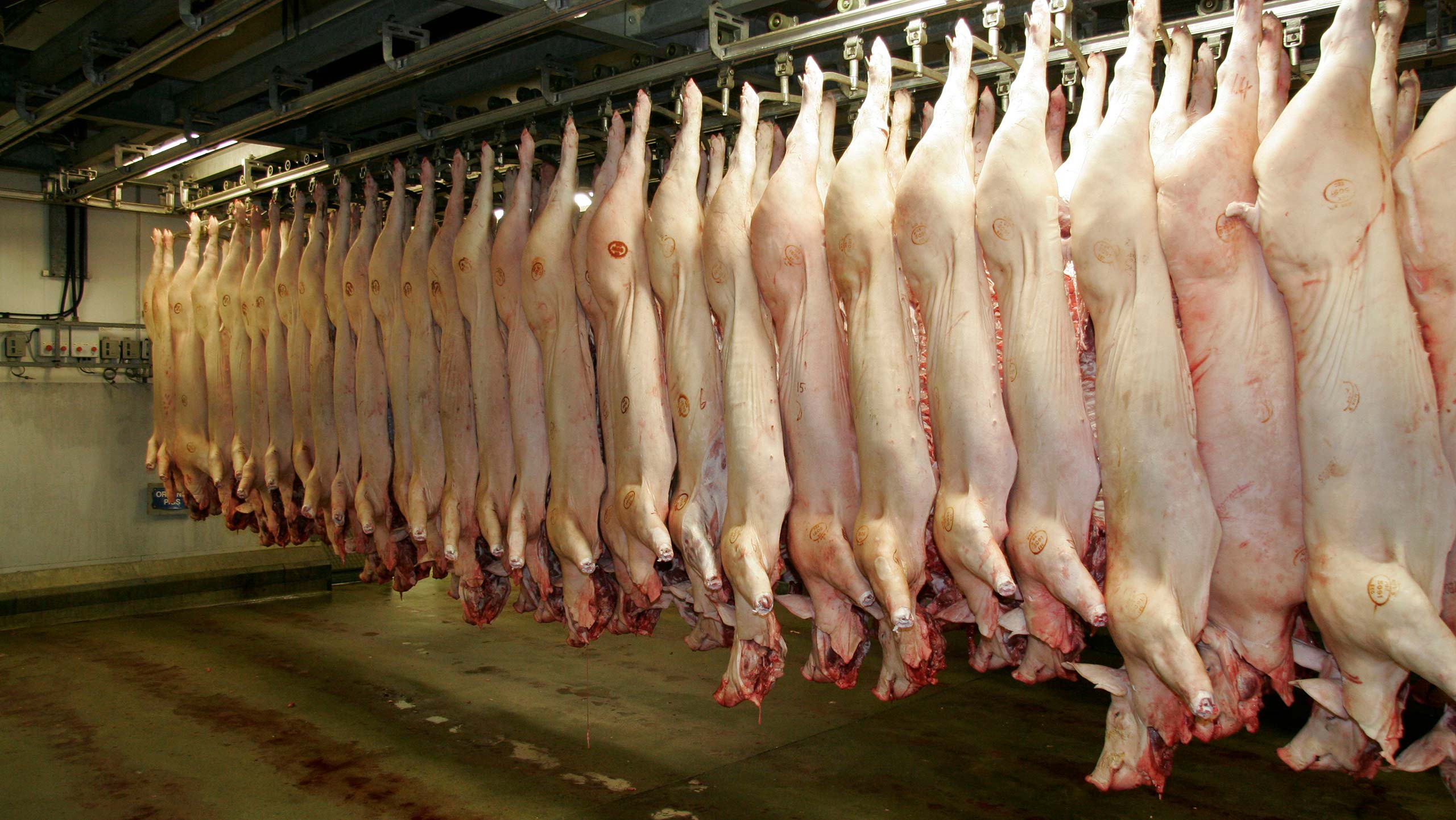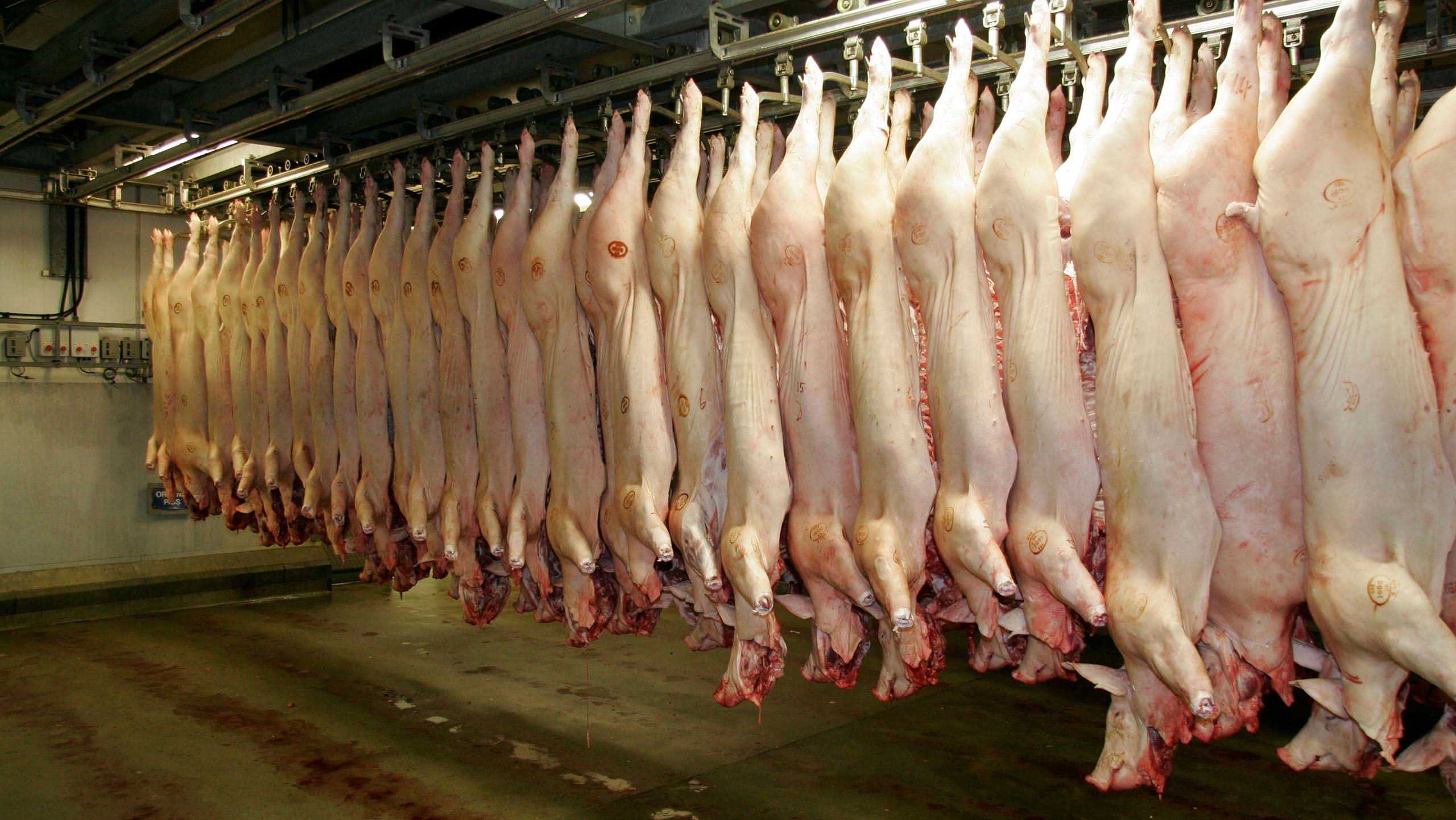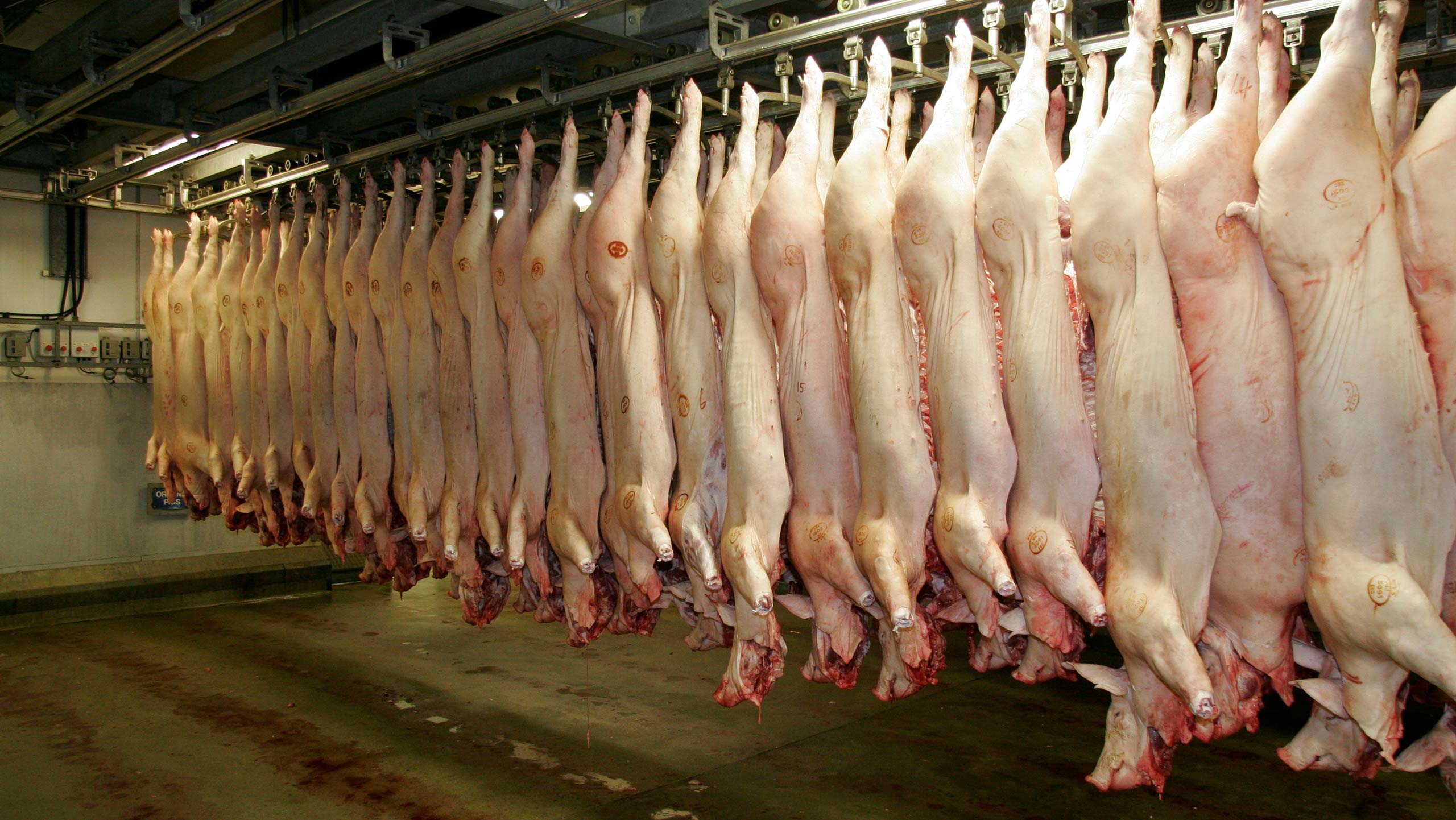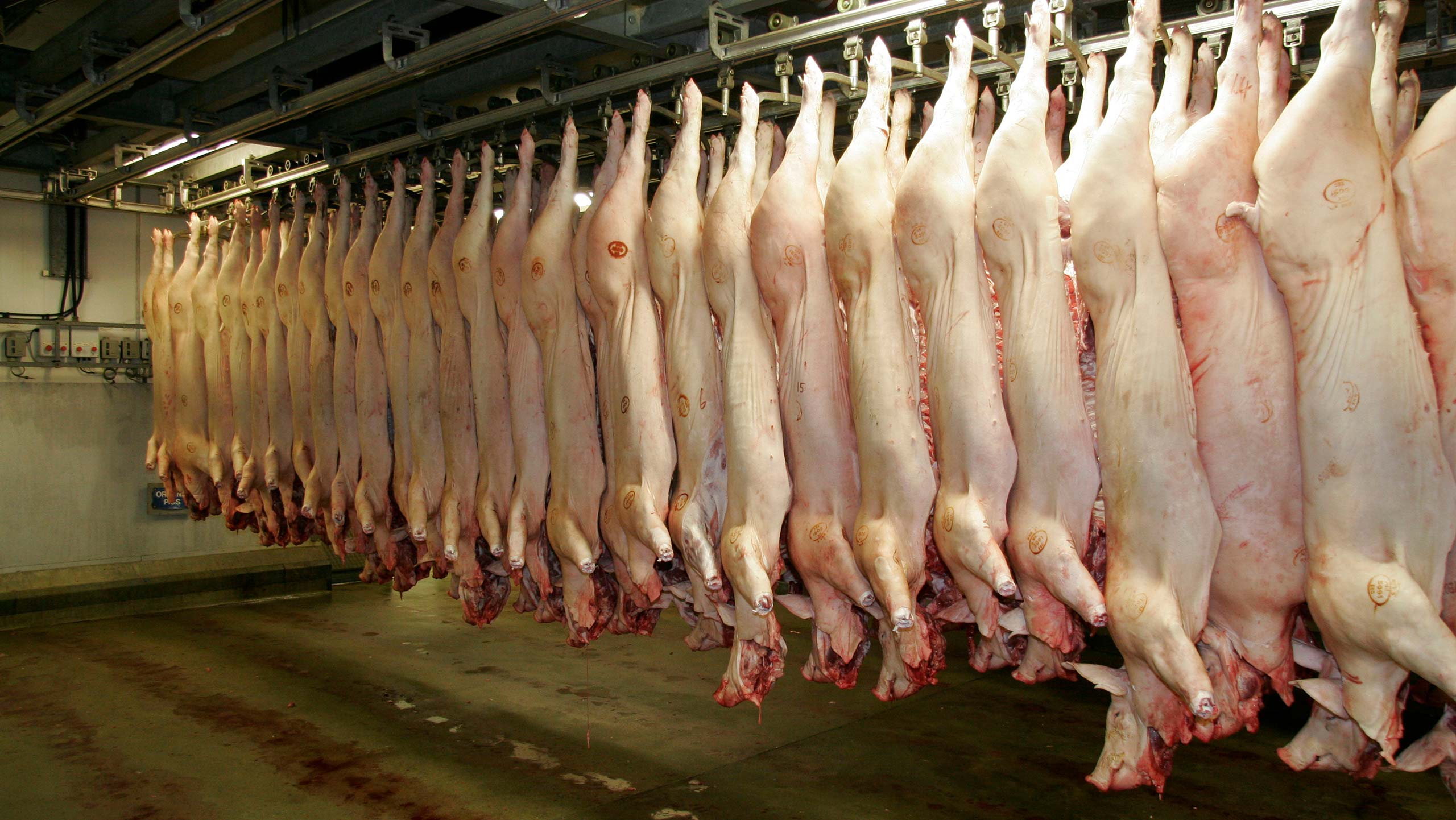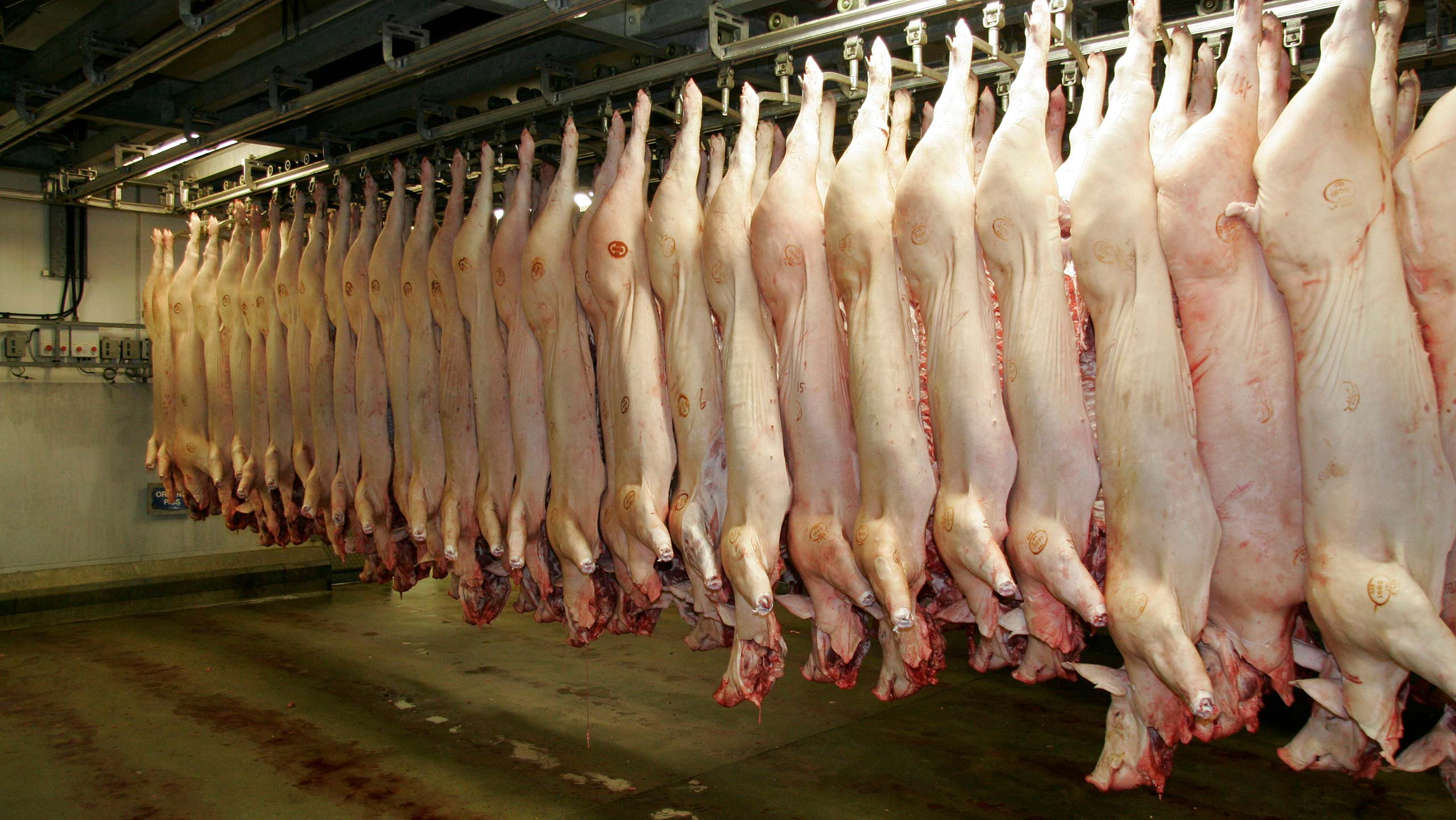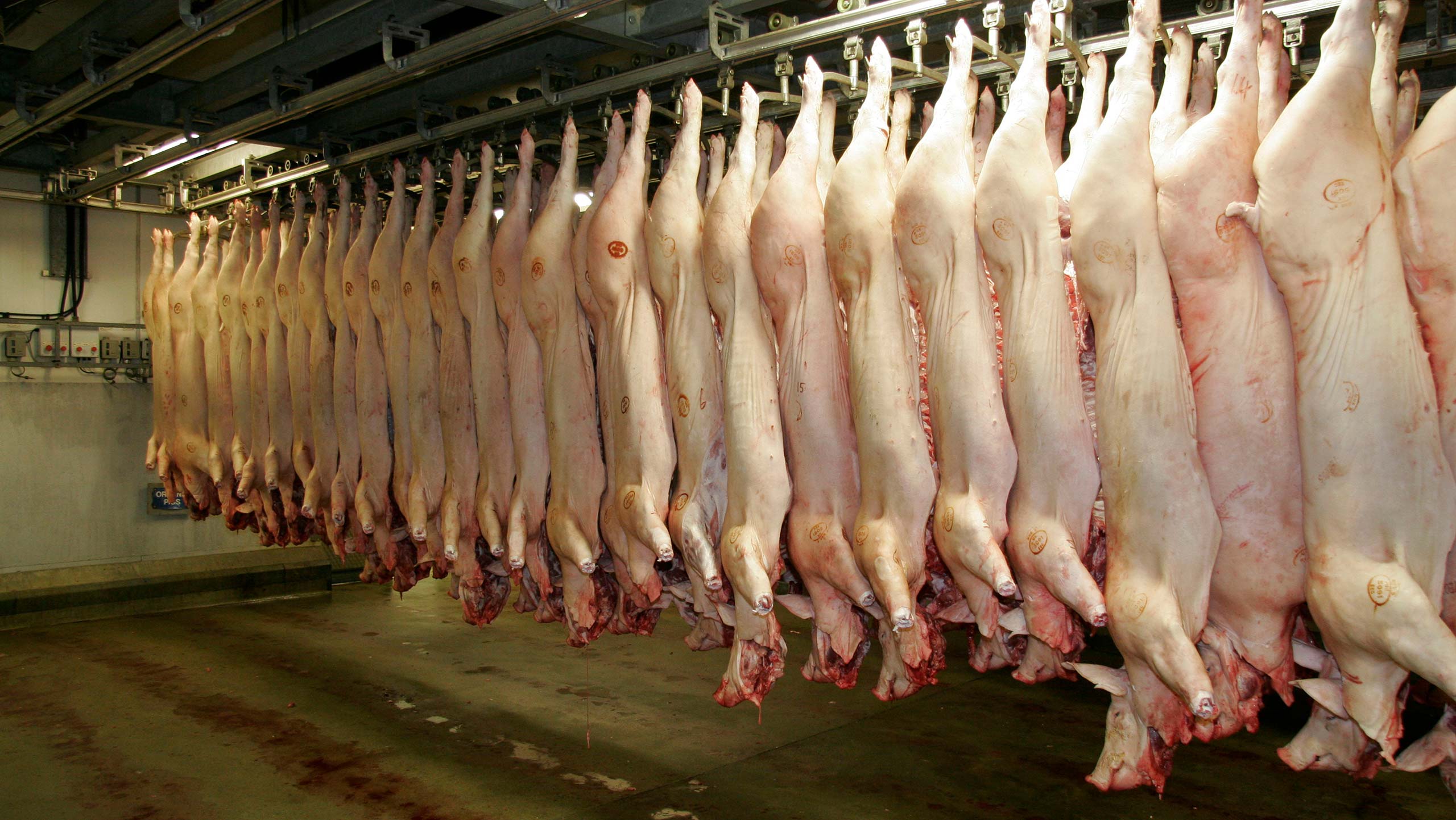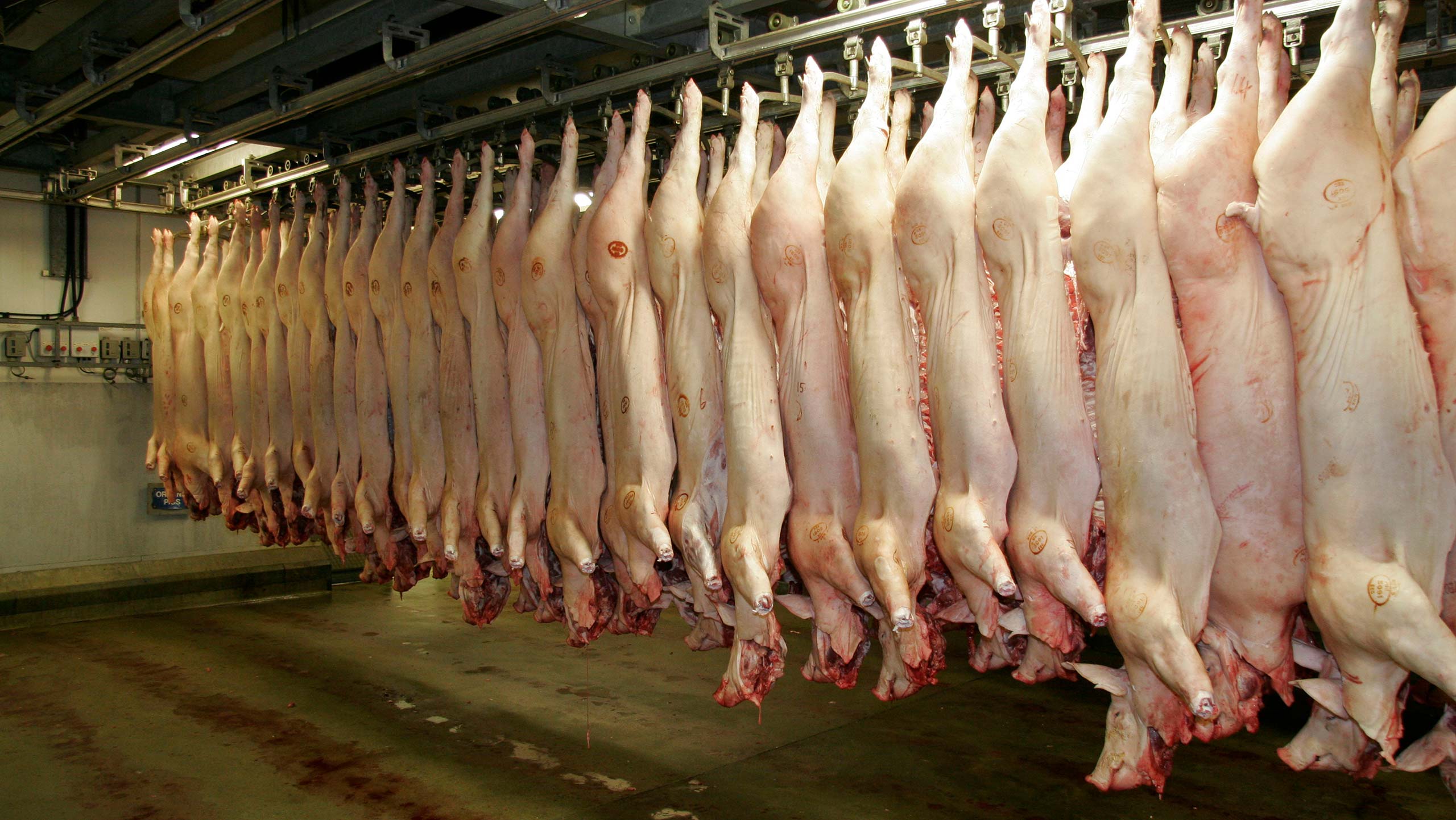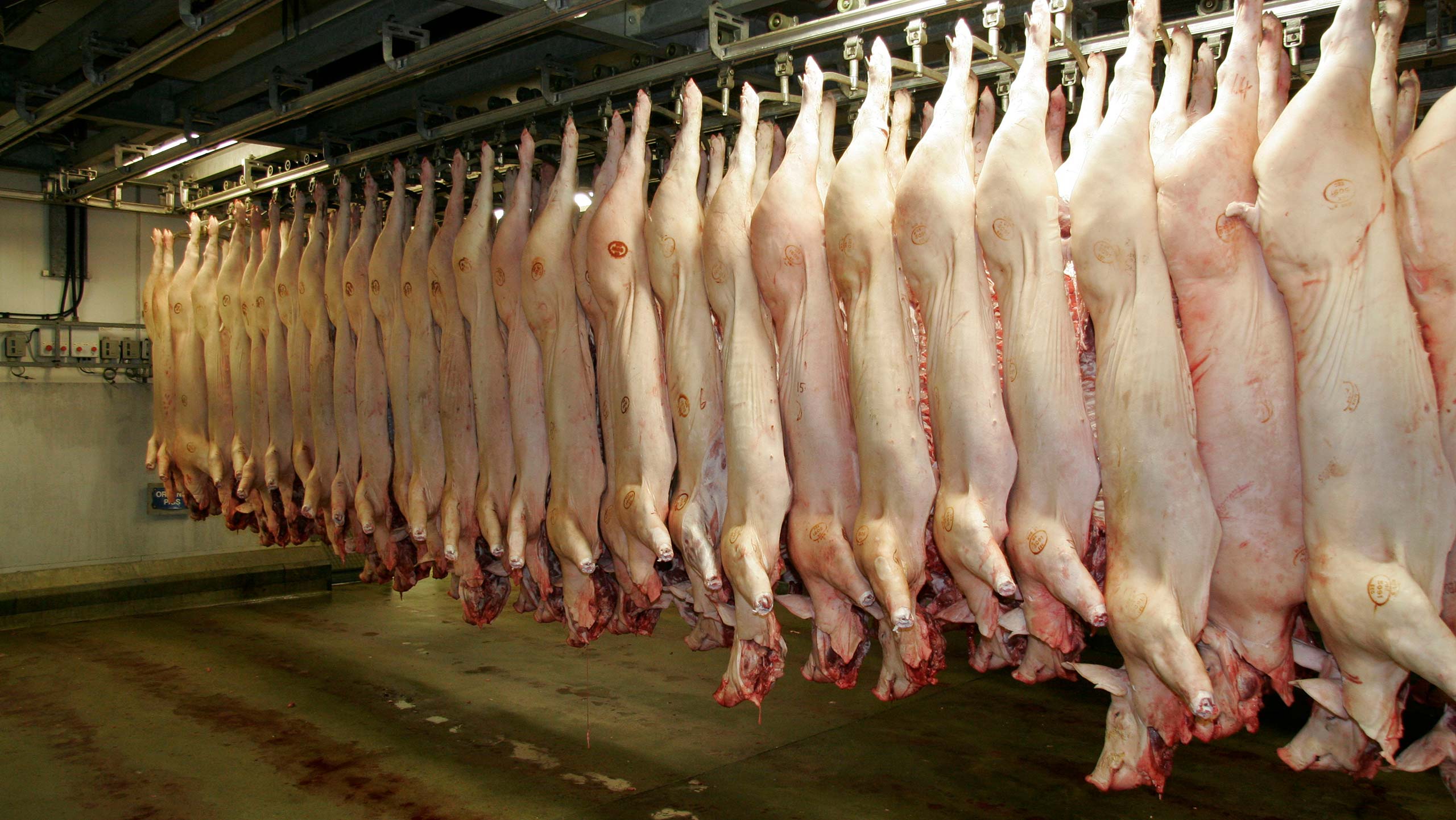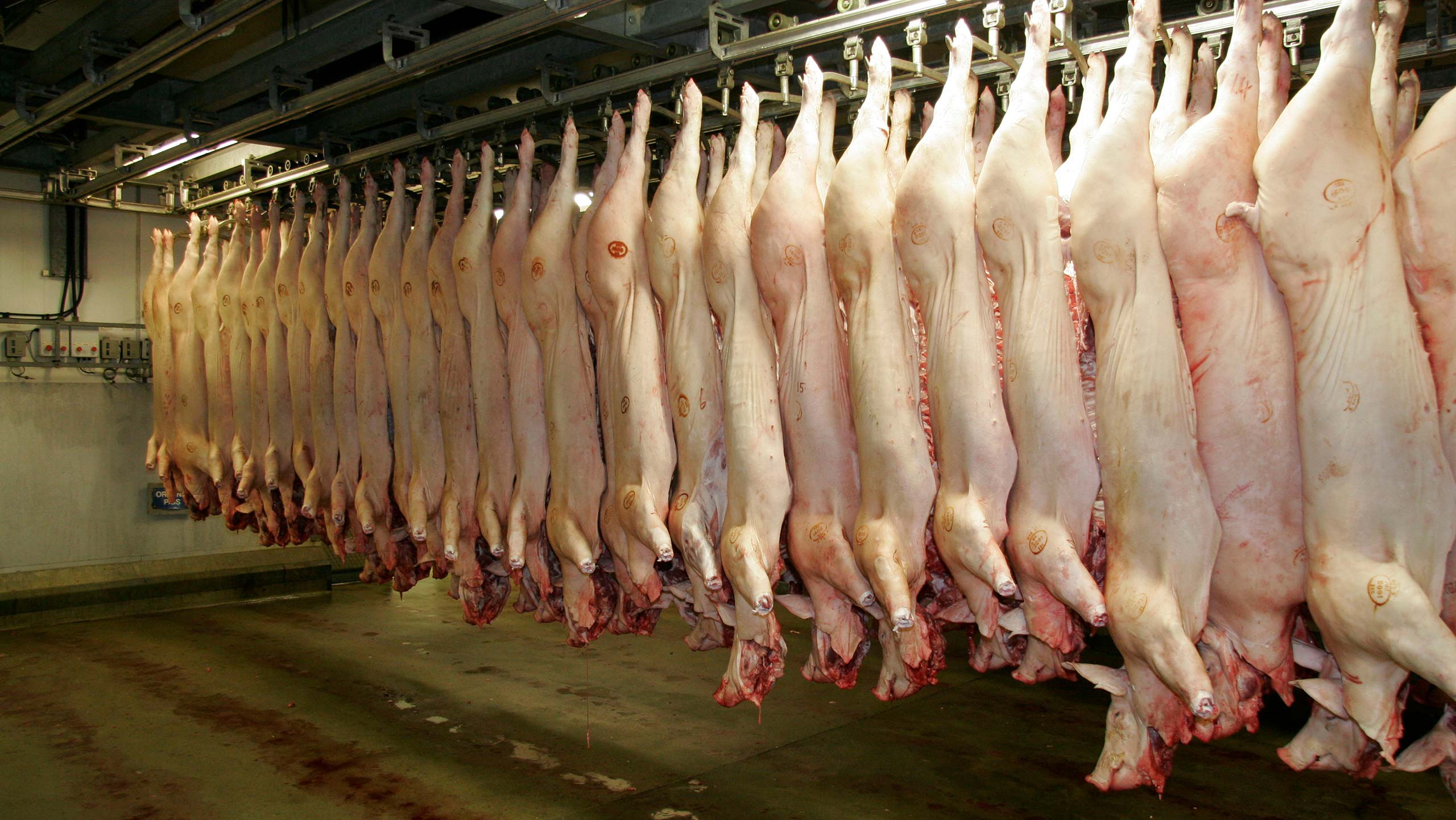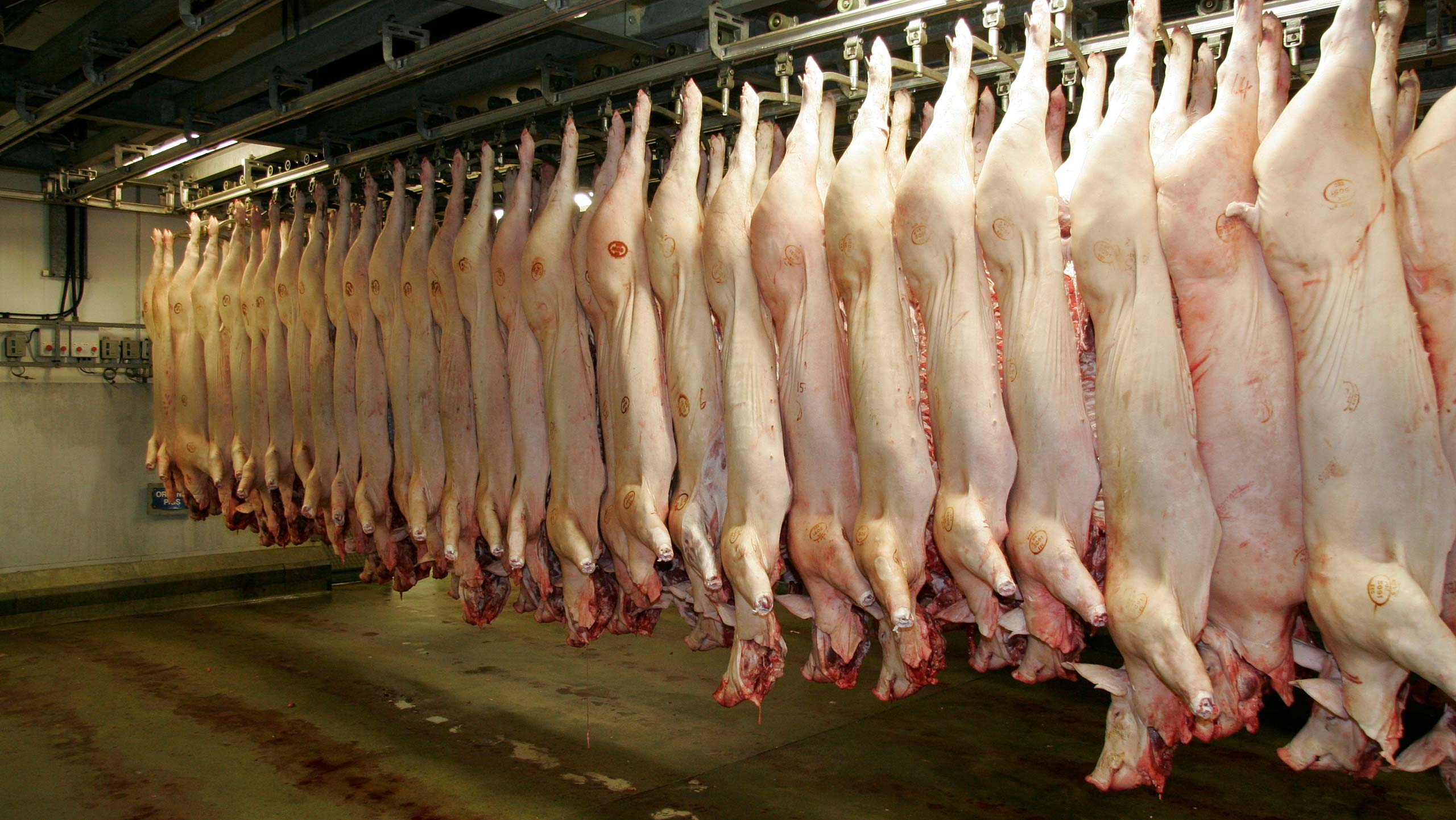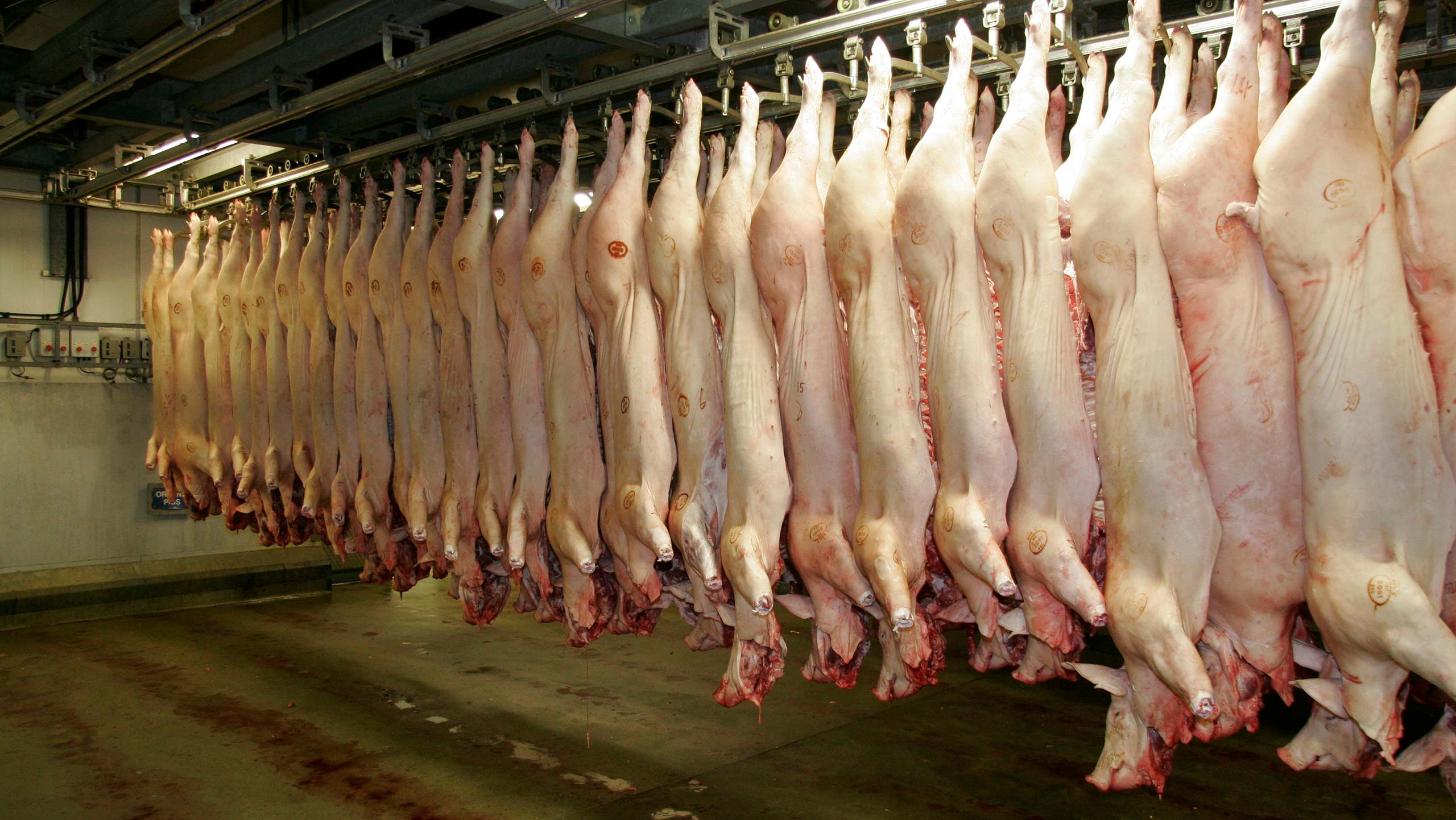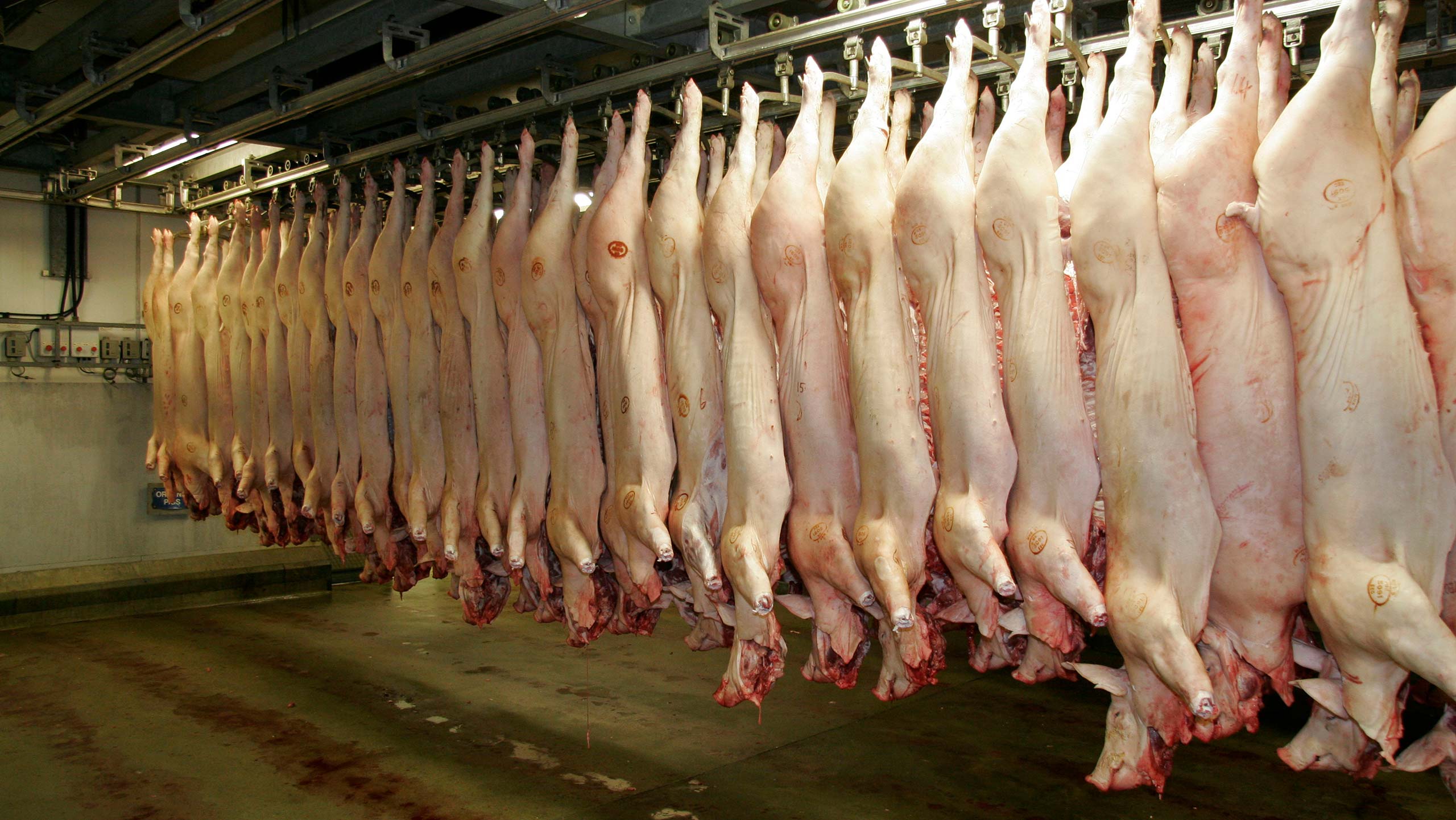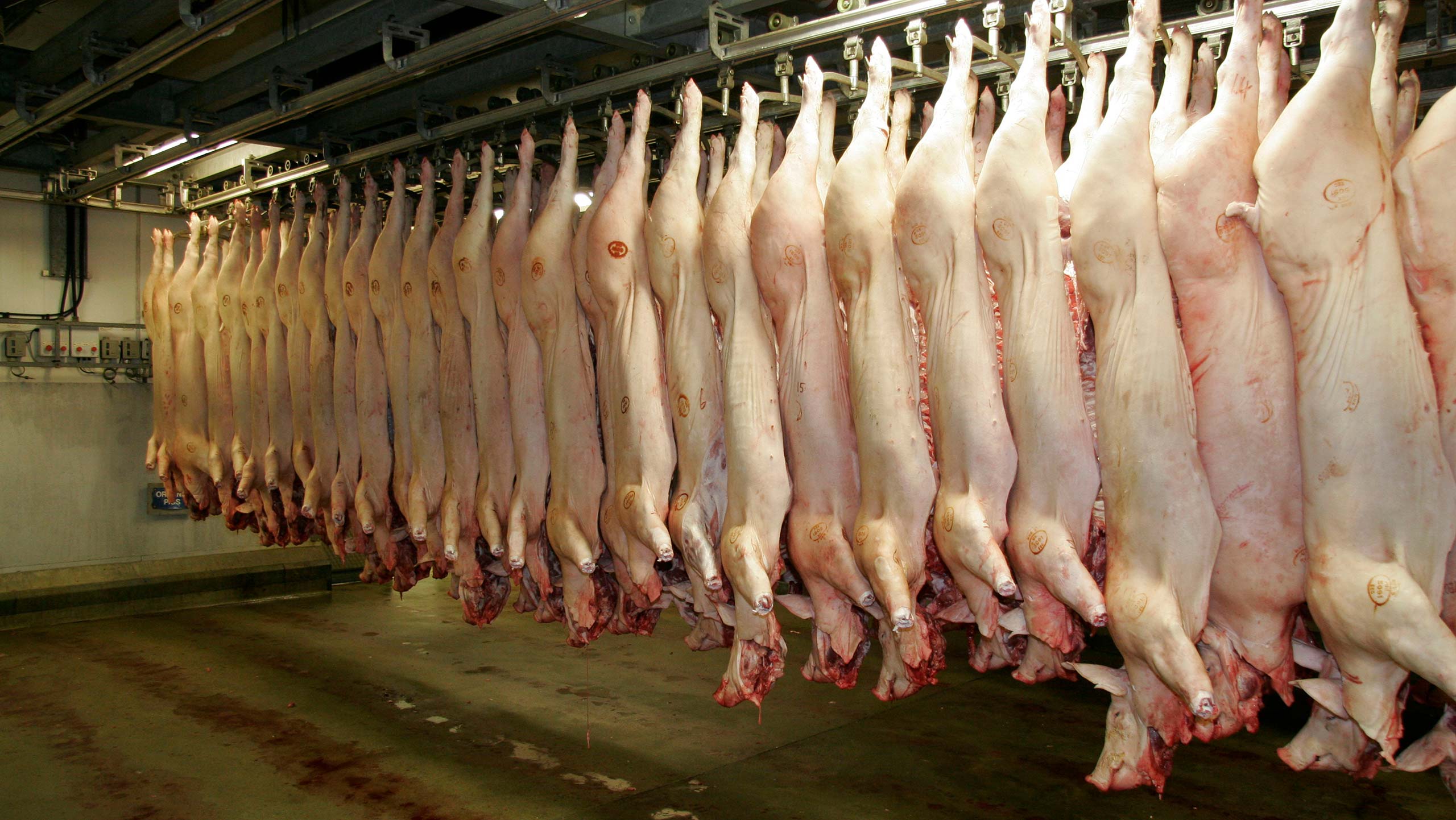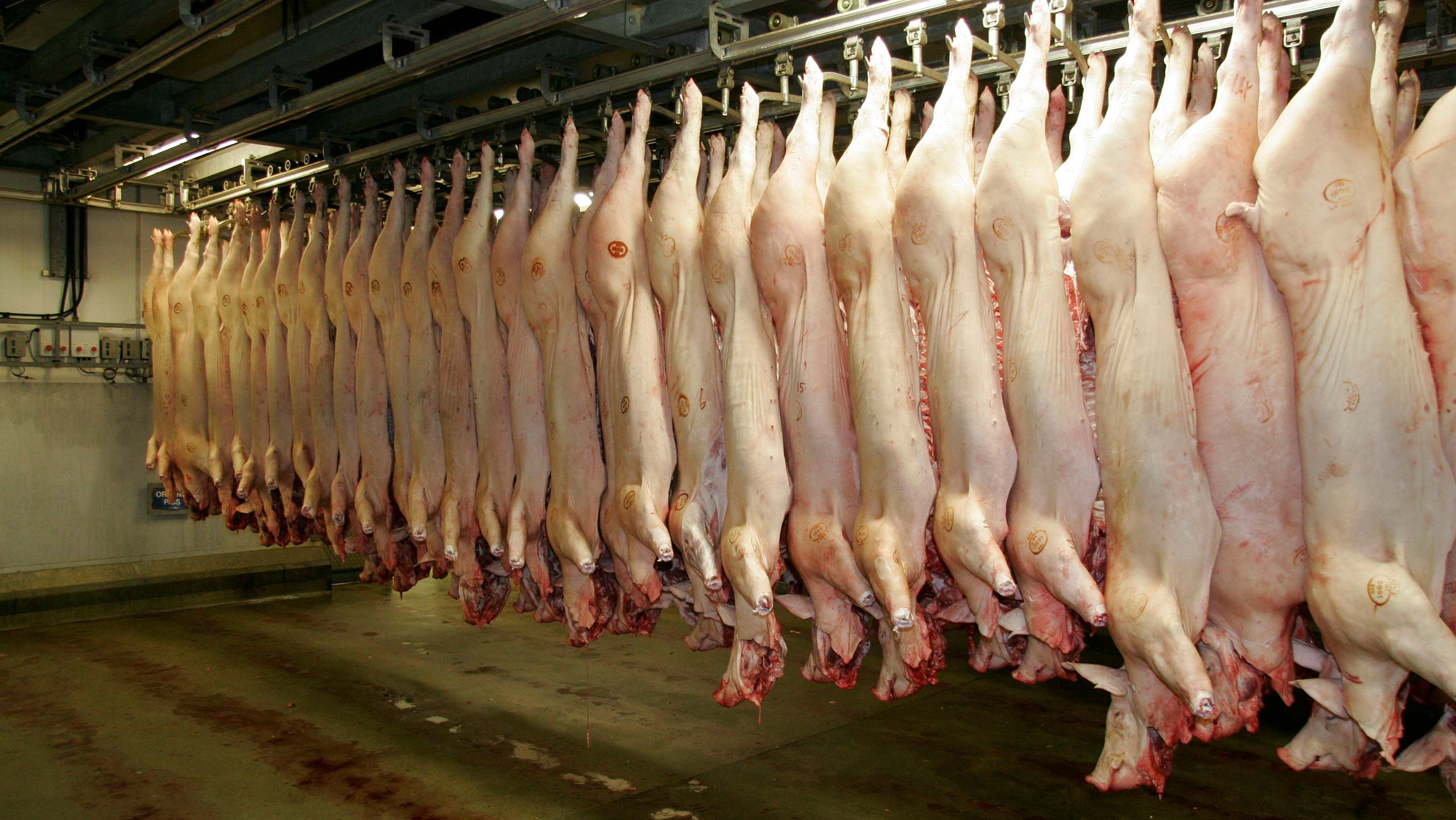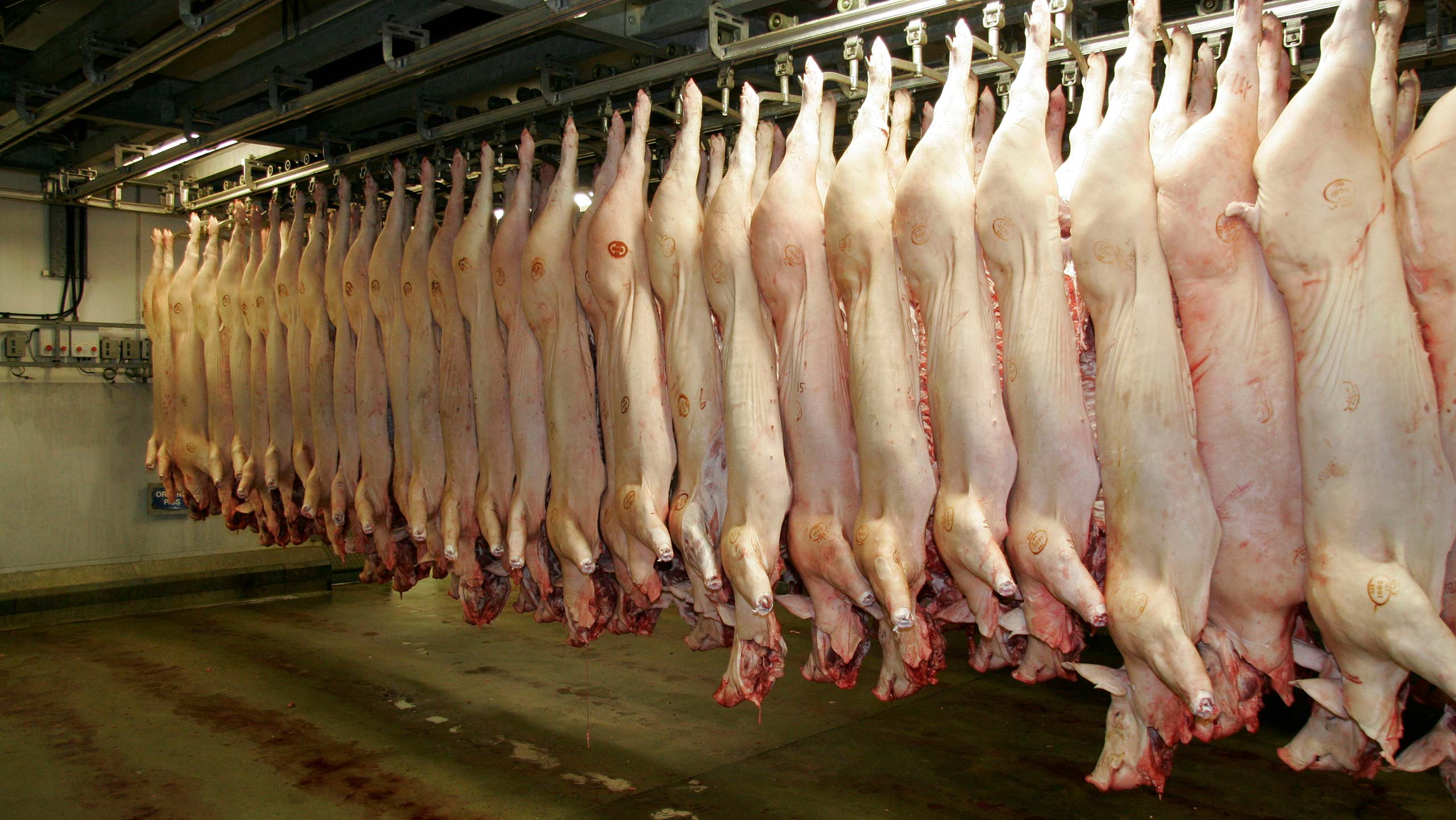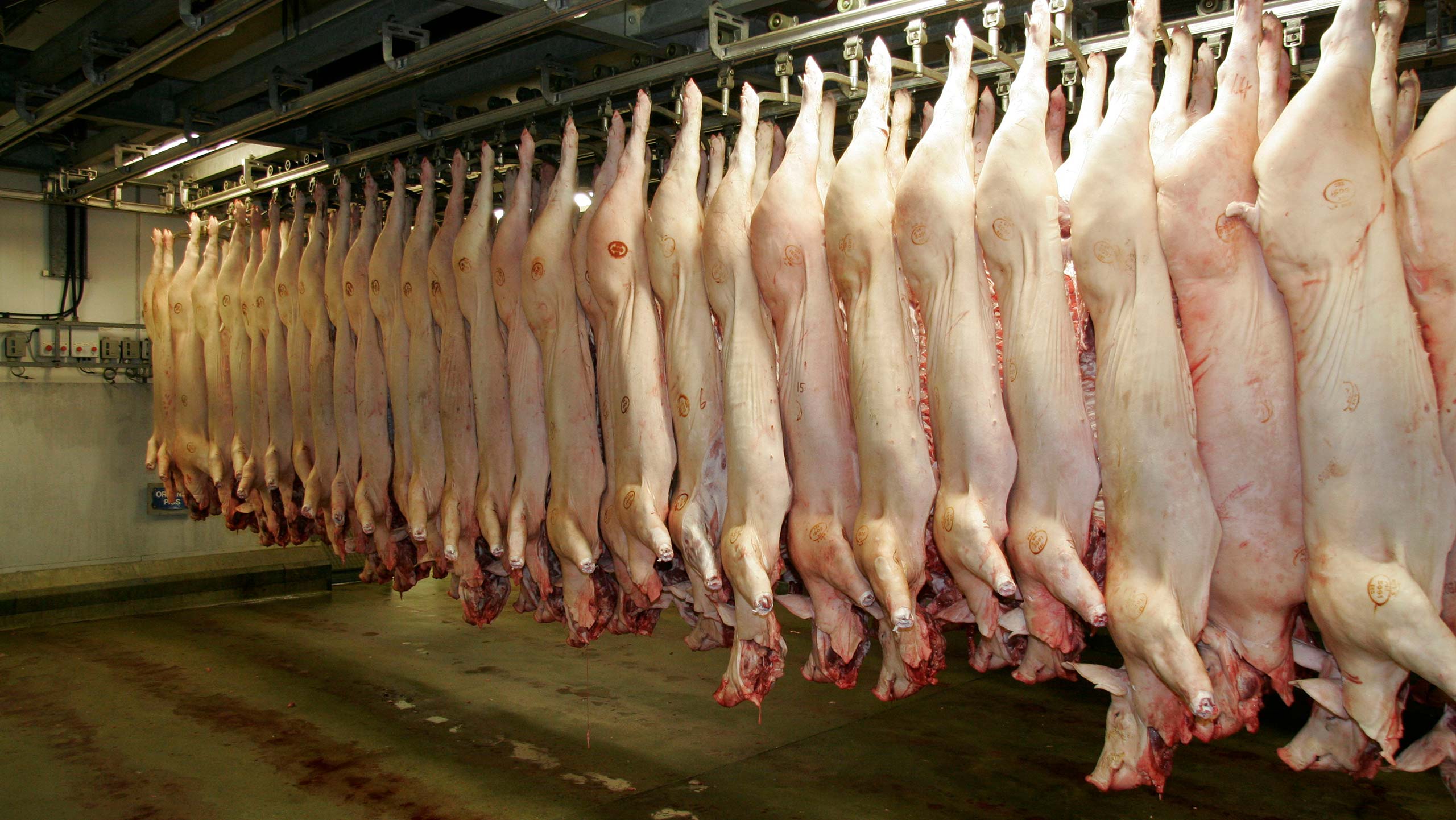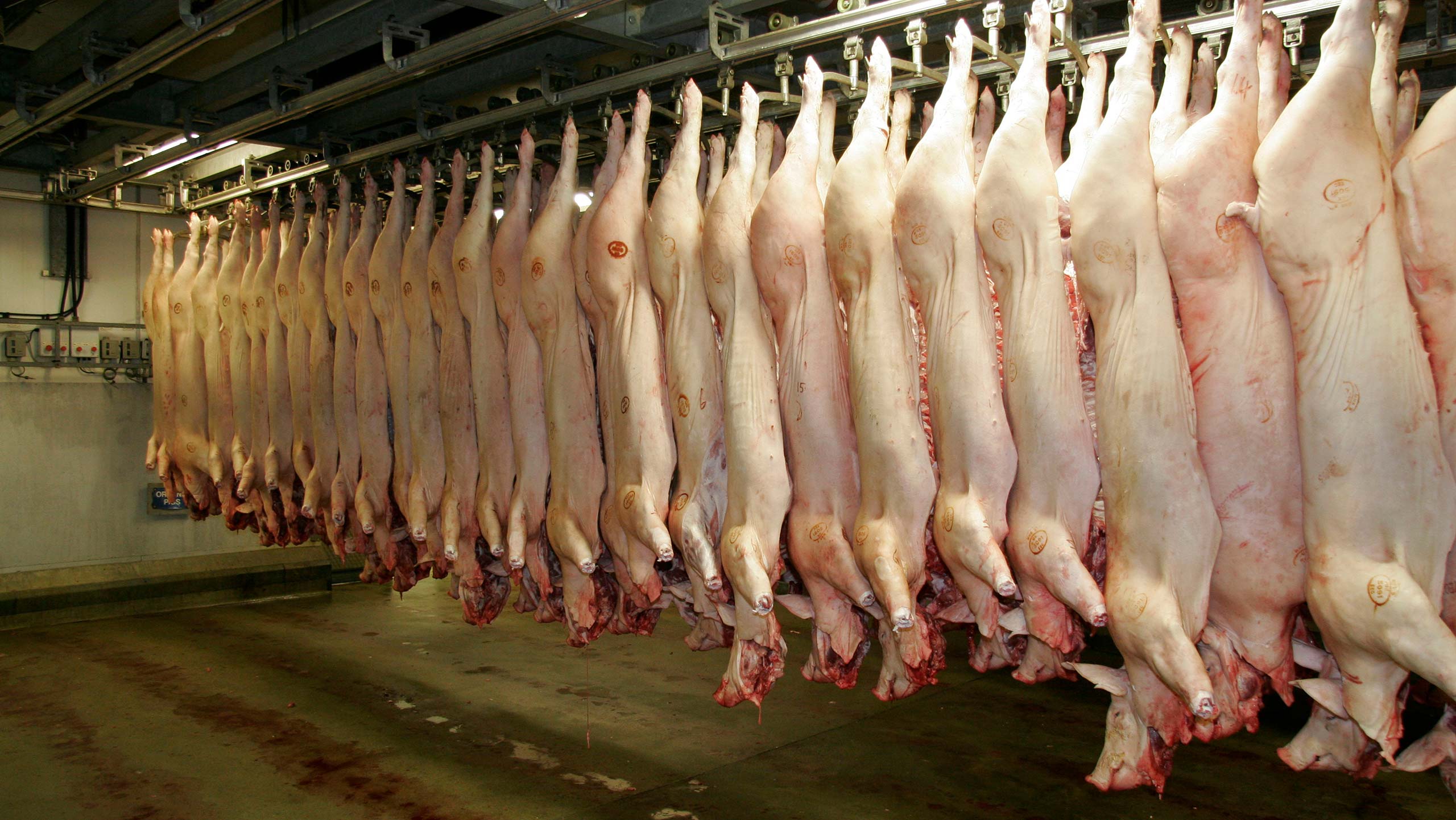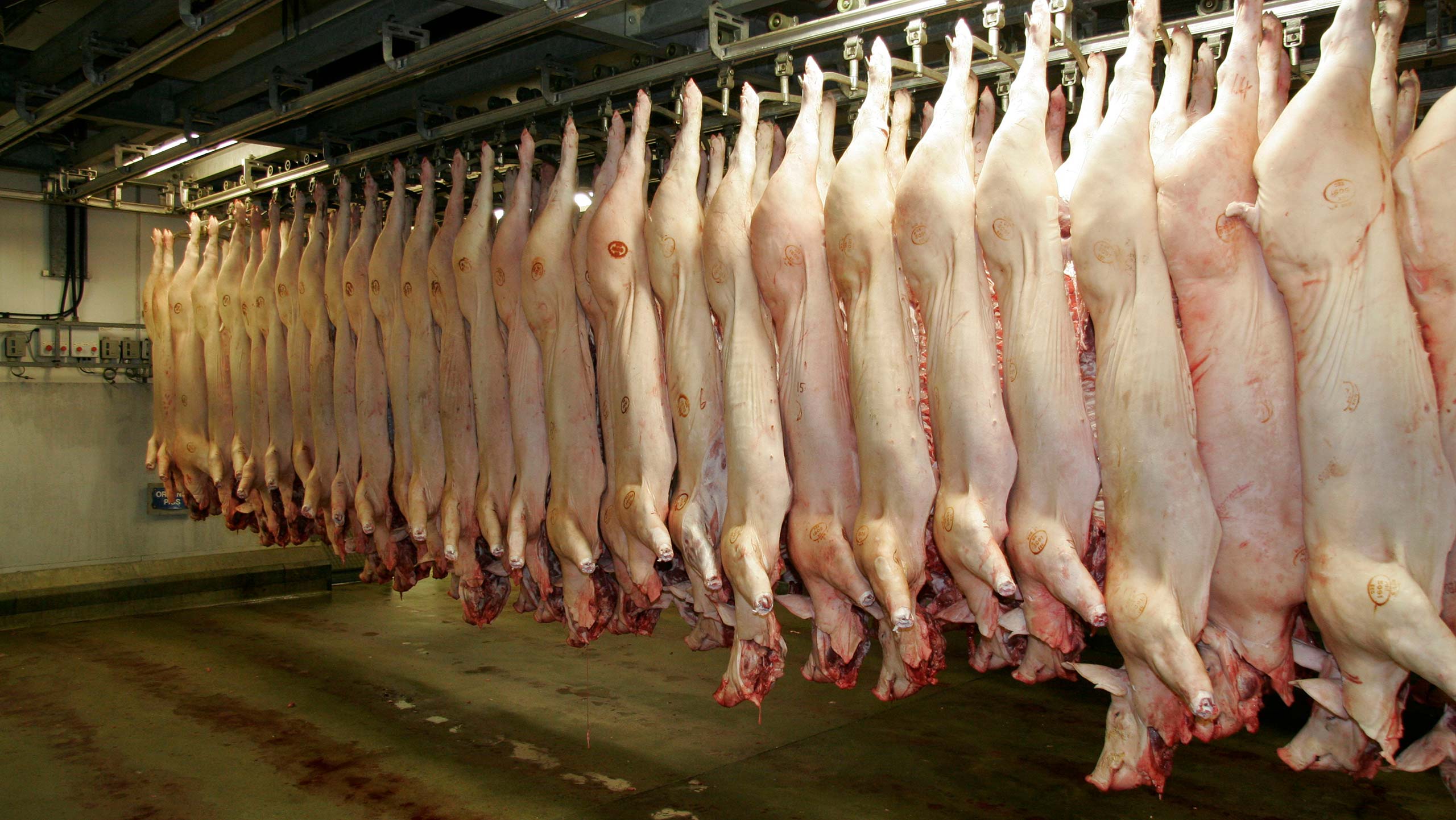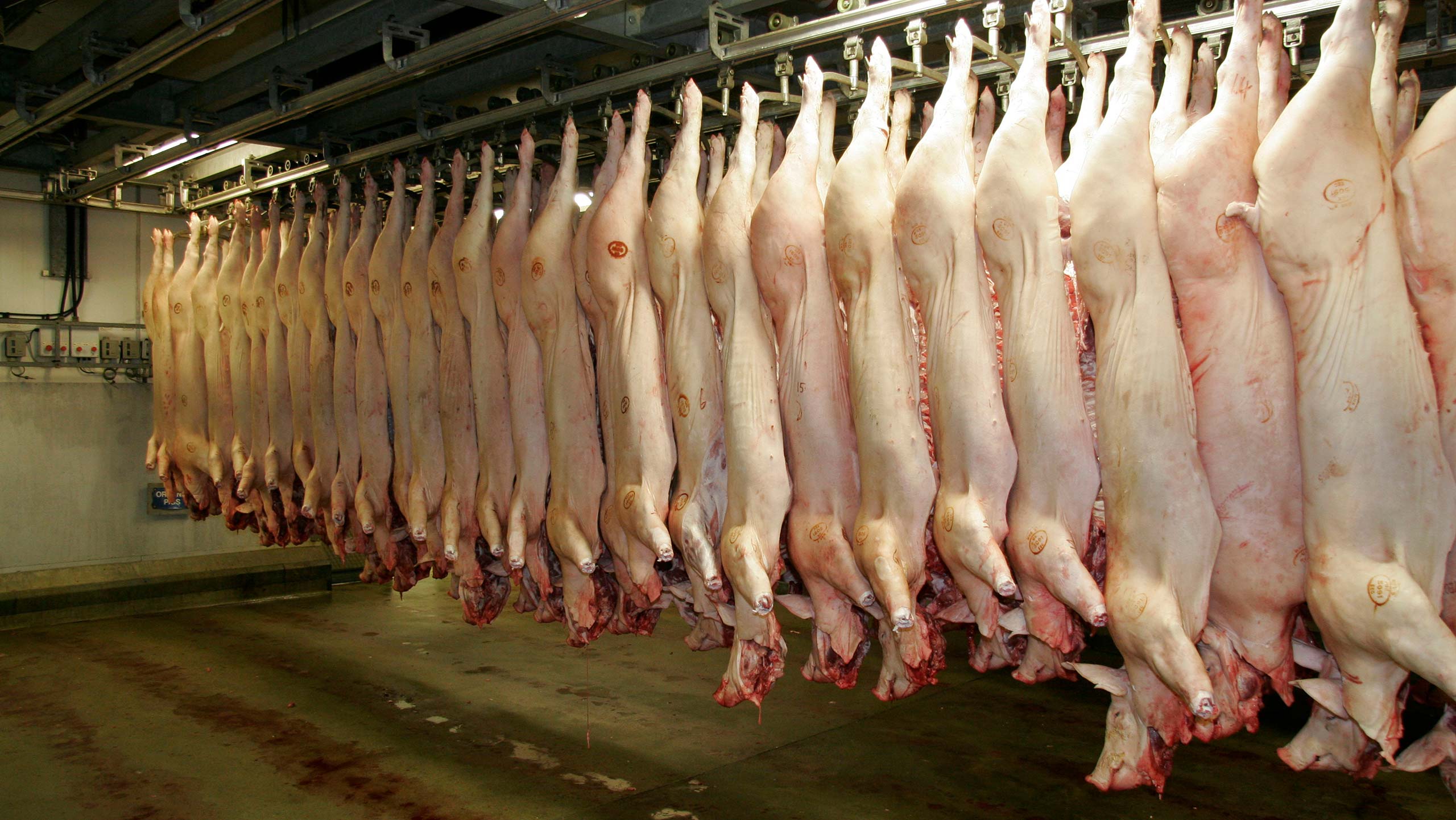Running an abattoir involves complex operations with strict regulatory requirements, specialized equipment, and time-sensitive processes. When unexpected events force your facility to shut down, the financial consequences can be devastating. Business interruption insurance specifically designed for abattoirs provides crucial protection against lost revenue and ongoing expenses during operational shutdowns.
Understanding Abattoir Business Interruption Insurance
Abattoir business interruption insurance is a specialized coverage that compensates for lost income and covers continuing expenses when your meat processing facility cannot operate normally due to covered incidents. Unlike standard property insurance that covers physical damage, business interruption insurance focuses on the financial impact of operational disruptions.
This coverage is particularly vital for abattoirs due to their unique operational characteristics:
- High-volume daily processing requirements
- Strict temperature control and refrigeration needs
- Regulatory compliance with food safety standards
- Time-sensitive supply chain relationships
- Significant fixed costs that continue during shutdowns
Common Causes of Abattoir Business Interruption
Several scenarios can force an abattoir to cease operations, each with potentially severe financial consequences:
Equipment Failure
Critical machinery breakdowns can halt production entirely. Refrigeration system failures, conveyor belt malfunctions, or processing equipment damage can stop operations while repairs are completed. The specialized nature of abattoir equipment often means longer repair times and higher costs.
Power Outages
Extended power failures pose immediate threats to product integrity and processing capabilities. Without power, refrigeration fails, processing lines stop, and food safety standards cannot be maintained, forcing complete operational shutdown.
Fire Damage
Fires can cause extensive damage to processing areas, equipment, and stored products. Even minor fires may require extended shutdowns for cleanup, equipment replacement, and regulatory re-approval before operations can resume.
Contamination Events
Food safety contamination incidents can trigger immediate shutdowns while investigations are conducted. Whether from equipment contamination, pest infestations, or other hygiene breaches, these events often require extensive cleaning and re-certification processes.
Regulatory Shutdowns
Food Standards Agency inspections that identify serious violations can result in immediate closure orders. Abattoirs must address all compliance issues and undergo re-inspection before resuming operations.
Supply Chain Disruptions
Disruptions to livestock supply or transportation can force temporary shutdowns. Disease outbreaks affecting livestock, transport strikes, or supplier failures can interrupt the continuous flow of animals needed for processing.
What Business Interruption Insurance Covers
Comprehensive abattoir business interruption insurance typically includes:
Lost Revenue Protection
Coverage for income that would have been earned during the shutdown period, based on historical performance and projected earnings. This includes processing fees, wholesale margins, and any additional services provided.
Fixed Cost Coverage
Ongoing expenses that continue despite the shutdown, including:
- Employee wages and benefits
- Loan payments and interest
- Insurance premiums
- Utility base charges
- Equipment lease payments
- Regulatory compliance costs
Extra Expenses
Additional costs incurred to minimize the interruption period or maintain operations elsewhere:
- Emergency equipment rental
- Temporary facility costs
- Expedited repair services
- Alternative processing arrangements
- Additional transportation costs
Spoilage Coverage
Protection for products that become unsaleable due to the interruption, including livestock awaiting processing and finished products requiring refrigeration.
Key Benefits for Abattoir Operations
Financial Stability During Crises
Business interruption insurance provides the financial resources needed to maintain stability during operational shutdowns. This coverage ensures you can meet ongoing obligations while working to restore operations.
Employee Retention
The ability to continue paying wages during shutdowns helps retain skilled workers who might otherwise seek employment elsewhere. This is particularly important in the specialized meat processing industry where experienced staff are valuable.
Faster Recovery
With financial pressures reduced, you can focus resources on quickly and properly restoring operations rather than cutting corners to minimize costs. This often leads to faster, more complete recovery.
Regulatory Compliance Support
Coverage for compliance-related expenses helps ensure all regulatory requirements are met before resuming operations, reducing the risk of future shutdowns.
Factors Affecting Coverage and Premiums
Several factors influence the cost and scope of abattoir business interruption insurance:
Facility Size and Complexity
Larger facilities with more complex operations typically face higher premiums but may benefit from economies of scale in coverage.
Processing Volume
Higher daily processing volumes increase potential losses, affecting both coverage needs and premium costs.
Risk Management Measures
Facilities with robust risk management programs, including backup power systems, comprehensive maintenance programs, and strong food safety protocols, often qualify for reduced premiums.
Geographic Location
Facilities in areas prone to natural disasters or with limited emergency services may face higher premiums.
Claims History
Previous business interruption claims can affect future premium costs and coverage availability.
Choosing the Right Coverage
When selecting business interruption insurance for your abattoir, consider these important factors:
Coverage Period
Determine the maximum time needed to restore operations after various types of incidents. Consider both repair time and regulatory re-approval processes.
Coverage Limits
Ensure coverage limits reflect your actual revenue and expense levels. Underinsurance can leave significant gaps in protection.
Waiting Periods
Understand any waiting periods before coverage begins. Some policies include deductible periods that you must absorb before benefits start.
Covered Perils
Review exactly which events trigger coverage. Ensure the policy covers the most likely risks facing your specific operation.
Business Income Calculation
Understand how the insurer calculates business income for claim purposes. This should reflect your actual operational patterns and seasonal variations.
Working with Insurance Professionals
Given the specialized nature of abattoir operations, working with insurance professionals who understand the meat processing industry is essential. They can help:
- Assess your specific risk exposures
- Determine appropriate coverage levels
- Navigate policy terms and conditions
- Assist with claims processing
- Provide ongoing risk management advice
Risk Management Strategies
While insurance provides financial protection, implementing strong risk management practices can reduce the likelihood and severity of business interruptions:
Preventive Maintenance
Regular maintenance of critical equipment reduces the risk of unexpected failures. Develop comprehensive maintenance schedules for all processing equipment, refrigeration systems, and safety systems.
Backup Systems
Install backup power generation and redundant critical systems where possible. This investment can significantly reduce interruption duration and severity.
Food Safety Protocols
Maintain rigorous food safety and hygiene standards to minimize contamination risks and regulatory issues.
Staff Training
Well-trained staff are less likely to cause accidents or compliance violations that could trigger shutdowns.
Emergency Response Planning
Develop detailed emergency response procedures for various scenarios, including equipment failures, power outages, and contamination events.
Supplier Diversification
Maintain relationships with multiple livestock suppliers to reduce supply chain disruption risks.
The Claims Process
Understanding the claims process helps ensure smooth resolution when business interruption occurs:
Immediate Notification
Contact your insurer immediately when an incident occurs that may trigger business interruption coverage.
Documentation
Maintain detailed records of the incident, response actions, and financial impacts. This includes repair costs, lost revenue calculations, and additional expenses incurred.
Professional Support
Consider engaging loss adjusters or forensic accountants familiar with food processing operations to help document and quantify losses.
Mitigation Efforts
Take reasonable steps to minimize the interruption period while ensuring all actions comply with safety and regulatory requirements.
Industry-Specific Considerations
Abattoirs face unique challenges that standard business interruption policies may not fully address:
Seasonal Variations
Many abattoirs experience seasonal fluctuations in processing volumes. Ensure your policy accounts for these variations when calculating business income.
Regulatory Complexity
The heavily regulated nature of meat processing means longer recovery times as facilities must obtain regulatory clearance before resuming operations.
Product Perishability
The perishable nature of both raw materials and finished products creates additional urgency and potential losses during interruptions.
Specialized Equipment
Replacement or repair of specialized processing equipment often takes longer than standard commercial equipment.
Conclusion
Business interruption insurance is a critical component of risk management for abattoir operations. The specialized nature of meat processing, combined with strict regulatory requirements and time-sensitive operations, creates unique vulnerabilities that can result in significant financial losses during operational shutdowns.
Comprehensive business interruption coverage provides the financial stability needed to weather unexpected disruptions while maintaining the ability to properly restore operations. By understanding the coverage options available and working with insurance professionals familiar with the meat processing industry, abattoir operators can secure appropriate protection for their specific needs.
The investment in proper business interruption insurance, combined with strong risk management practices, helps ensure that temporary setbacks don't become permanent business failures. In an industry where operational continuity is essential for both financial success and food supply chain stability, this protection represents a fundamental business necessity rather than an optional expense.
For abattoir operators seeking specialized business interruption insurance, consulting with experienced commercial insurance brokers who understand the unique challenges of meat processing operations is essential for securing comprehensive and appropriate coverage.


 0330 127 2333
0330 127 2333
